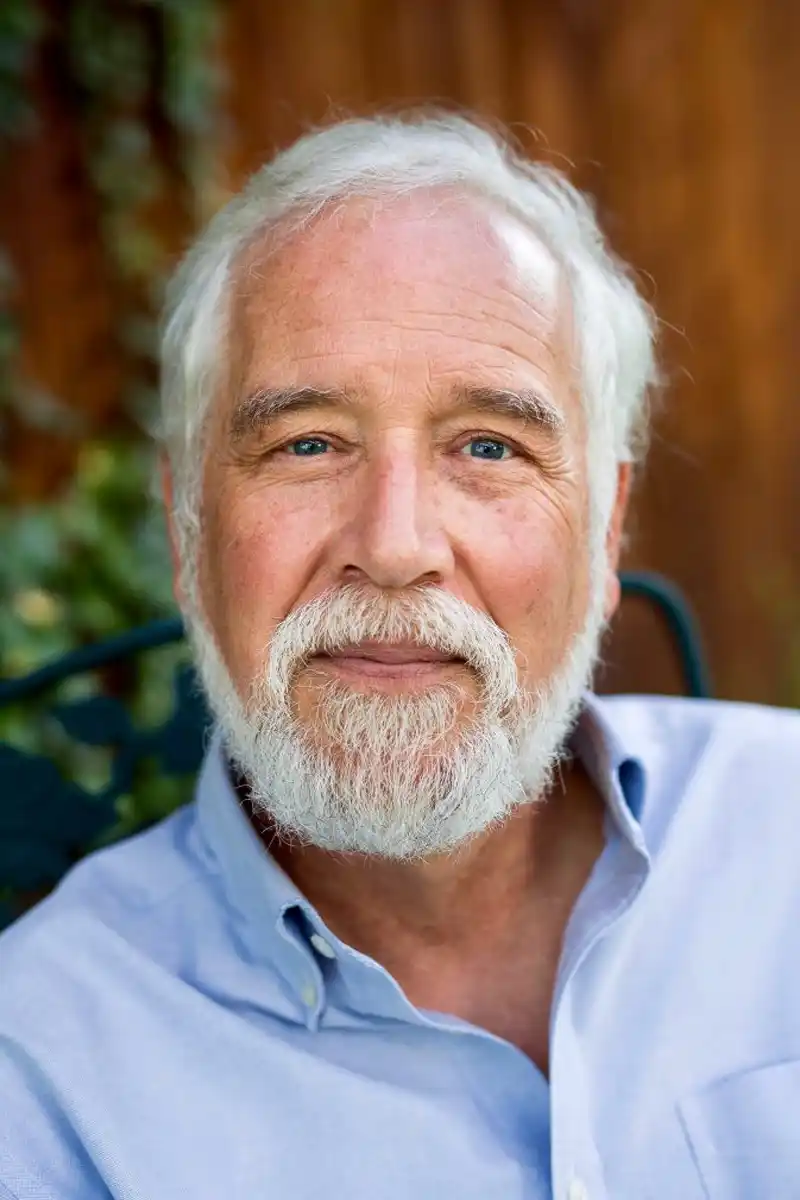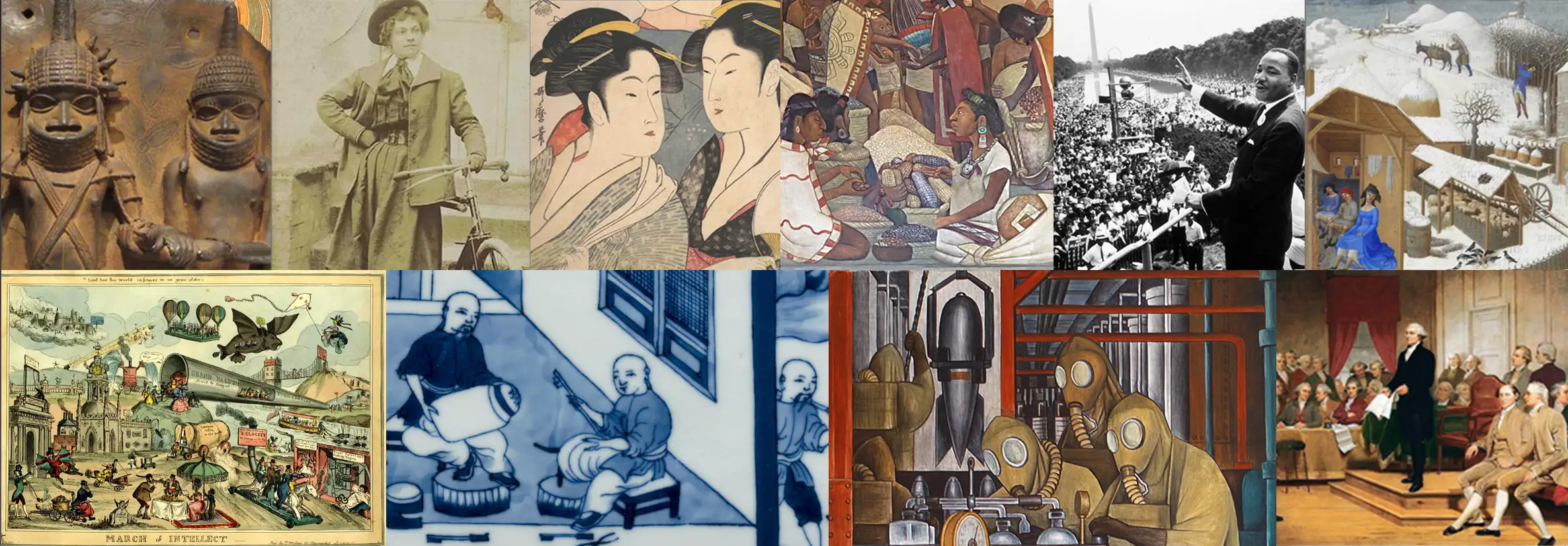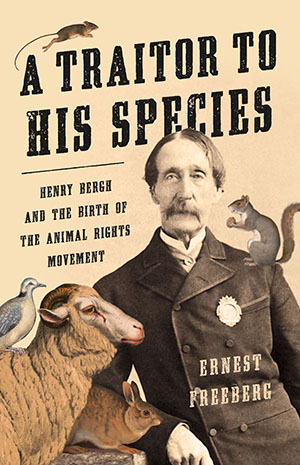Freeberg, Ernest

Specialties:
Nineteenth- and Twentieth-Century American Cultural History, American religion.
Books
Ernest Freeberg
Professor Emeritus | American History
Ernest Freeberg’s teaching and research interests center on the cultural and intellectual history of the United States in the nineteenth and early twentieth centuries. His books have examined the history of disability, the origin of civil liberties and free speech doctrine in America, the impact of technology and invention on American life, and the founding of the movement to protect animal rights.
He offered graduate and undergraduate courses on American social and cultural history, American religion, antebellum reform and abolitionism, historical methods, and the history of the First Amendment and the impact of war on democracy.
Freeberg is a Distinguished Lecturer for the Organization of American Historians, has produced a number of public radio documentaries on historical themes. His research has been supported by grants from the American Council of Learned Societies, the Huntington Library, the Winterthur Museum, the Newberry Library, the Gilder Lehrman Institute of American History, the Spencer Foundation, Emory University’s Center for Humanistic Inquiry, and others. He has served as Chief Reader and test development committee member for the College Board’s Advanced Placement U.S. History exam.
Selected Publications
- A Traitor to His Species: Henry Bergh and the Birth of the Animal Rights Movement (Basic Books, 2020)
- The Age of Edison: Electric Light and the Invention of Modern America (Penguin, 2013)
- Democracy’s Prisoner: Eugene Debs, the Great War, and the Right to Dissent (Harvard, 2008)
- The Education of Laura Bridgman, First Deaf and Blind Person to Learn Language (Harvard, 2001)
Education
PhD, Emory University, 1992
BA, Middlebury College, 1980

